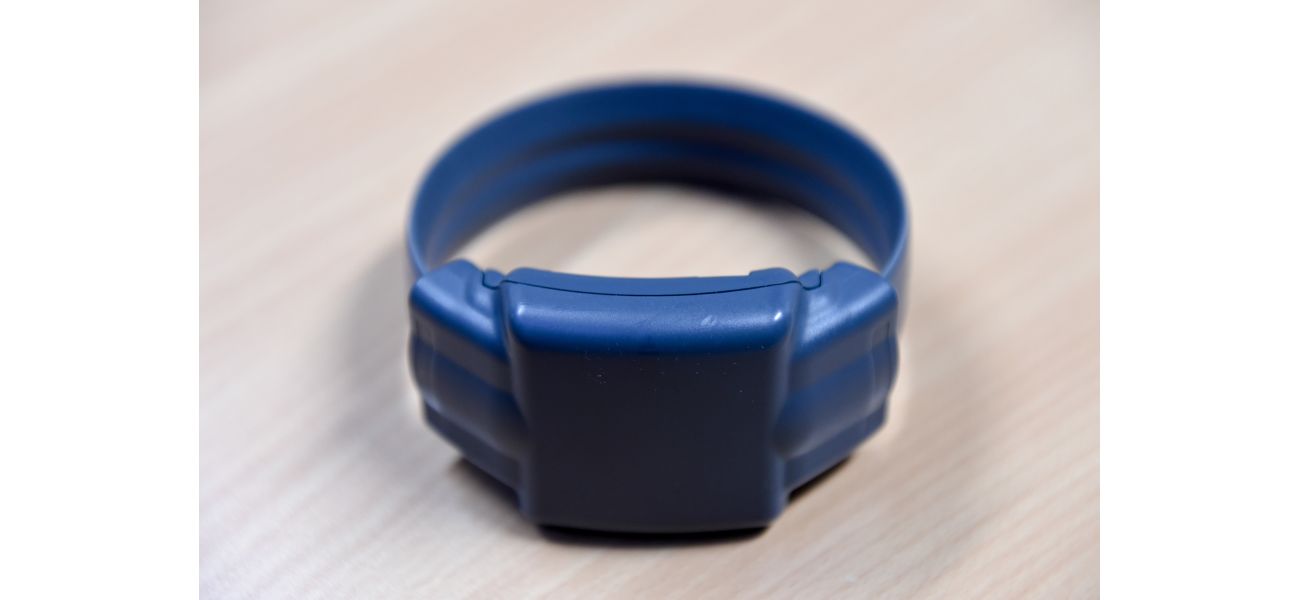Tracking ankles and strict curfews for former immigration detainees deemed unlawful.
Court says law violated separation of powers between courts and government.
November 6th 2024.

The highest court in Australia has made a momentous decision, ruling that ankle bracelets and curfews imposed on former immigration detainees are no longer valid. This ruling stems from a previous decision made by the High Court that stated indefinite detention was illegal. As a result of this ruling, 215 immigration detainees have been released as of October 18, 2024. However, out of these individuals, 143 were still required to wear electronic monitoring bracelets and 126 were subject to a curfew. These extra restrictions were added by the federal government through emergency legislation.
The High Court found that this legislation overstepped the boundaries between the courts, which administer criminal punishment, and the Commonwealth government. This means that breaking any of the bridging visa conditions, such as failing to comply with electronic monitoring or a curfew, could result in a mandatory minimum one-year prison sentence. The High Court stated that the imposition of these conditions is punitive and cannot be justified.
This decision was made as a result of a case brought forth by a stateless Eritrean who was released from immigration detention in November last year. This individual was charged with six offences for not complying with the curfew and electronic monitoring. The Home Affairs Department had prepared for all possible outcomes of the High Court case, including the potential need for further legislation, according to legal counsel Clare Sharp.
Out of the 215 detainees who were released, 64 of them were not subject to either a curfew or electronic monitoring. However, the removal of these restrictions has led to 28 people being taken into police custody. It is important to note that out of the 215 detainees, 12 have been convicted of murder or attempted murder, 66 for sexual offences, 97 for assault, 15 for serious drug offences, 15 for domestic violence, five for people smuggling, and five have had low-level or no offences.
Since their release, 62 of these individuals have been re-detained at some point. Additionally, state and territory police have charged 65 people, with 20 of them currently in remand. The remaining individuals were either on bail or had their cases finalized. This decision by the High Court has had a significant impact on the lives of these former immigration detainees and will continue to shape the way the government handles these cases in the future.
The High Court found that this legislation overstepped the boundaries between the courts, which administer criminal punishment, and the Commonwealth government. This means that breaking any of the bridging visa conditions, such as failing to comply with electronic monitoring or a curfew, could result in a mandatory minimum one-year prison sentence. The High Court stated that the imposition of these conditions is punitive and cannot be justified.
This decision was made as a result of a case brought forth by a stateless Eritrean who was released from immigration detention in November last year. This individual was charged with six offences for not complying with the curfew and electronic monitoring. The Home Affairs Department had prepared for all possible outcomes of the High Court case, including the potential need for further legislation, according to legal counsel Clare Sharp.
Out of the 215 detainees who were released, 64 of them were not subject to either a curfew or electronic monitoring. However, the removal of these restrictions has led to 28 people being taken into police custody. It is important to note that out of the 215 detainees, 12 have been convicted of murder or attempted murder, 66 for sexual offences, 97 for assault, 15 for serious drug offences, 15 for domestic violence, five for people smuggling, and five have had low-level or no offences.
Since their release, 62 of these individuals have been re-detained at some point. Additionally, state and territory police have charged 65 people, with 20 of them currently in remand. The remaining individuals were either on bail or had their cases finalized. This decision by the High Court has had a significant impact on the lives of these former immigration detainees and will continue to shape the way the government handles these cases in the future.
[This article has been trending online recently and has been generated with AI. Your feed is customized.]
[Generative AI is experimental.]
0
0
Submit Comment





